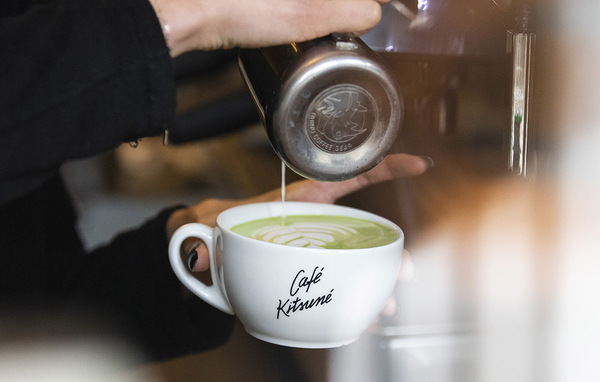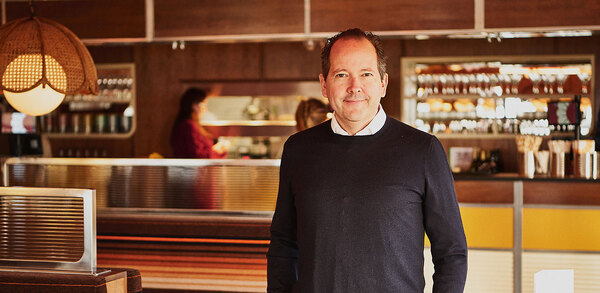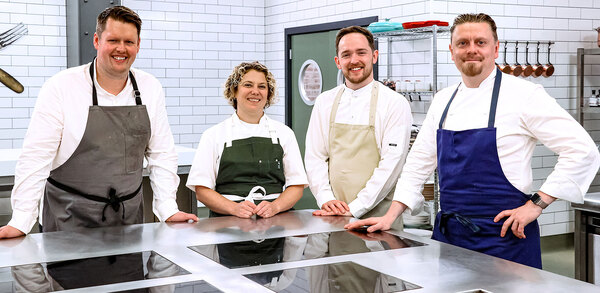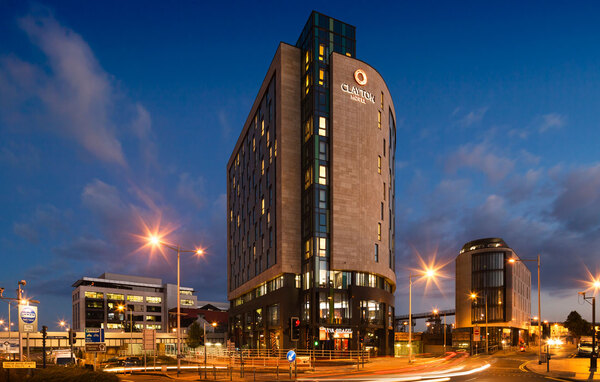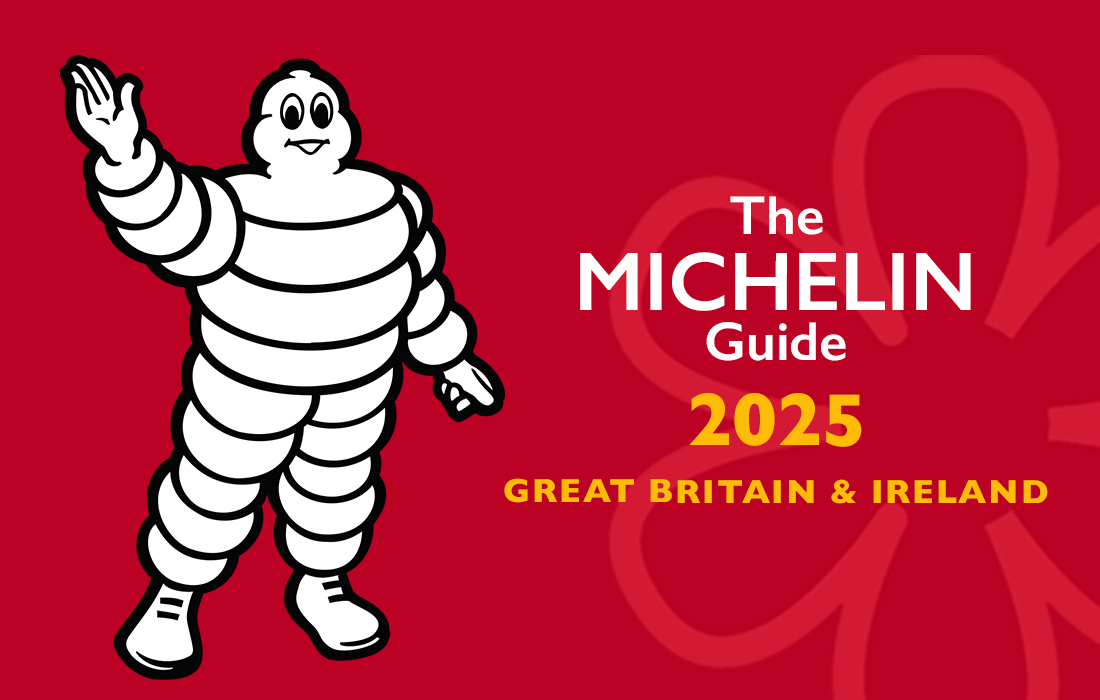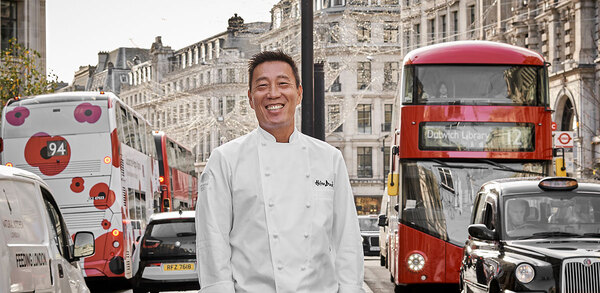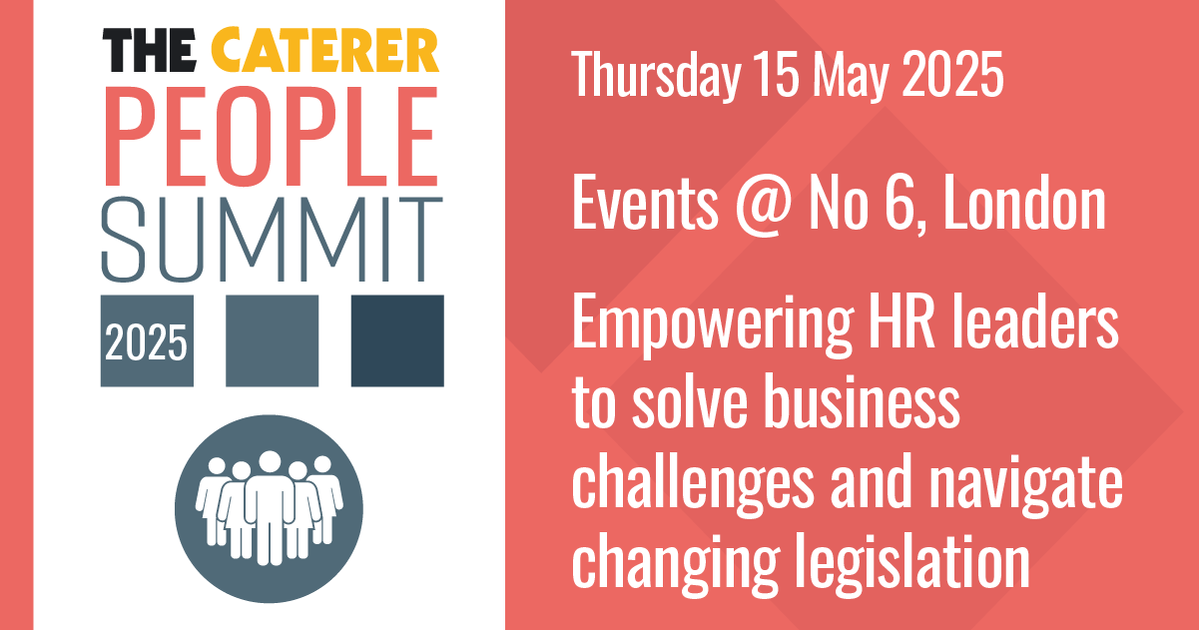3 ways hospitality businesses must prepare for Budget changes
Efficient technology is essential to tackle upcoming rising costs
There’s growing nervousness in the hospitality industry about the incoming Budget changes, the impact this will have on profitability and let’s face it – the overall viability of individual hospitality businesses. But there are three key areas hotels can focus on to counter some of the rising costs of doing business.
Time is running short to prepare for the forthcoming changes set to impact our sector. After a difficult few years, the Autumn Budget 2024 feels like a major bump in the road. Rises to the National Minimum Wage and National Living Wage, 1.2% National Insurance increase, plus extra business rates – will cost the hospitality sector £3.4b.
This Budget comes at a time when many hotels are already trying to balance the books to ensure they remain profitable. Labour costs have already been rising in recent years, with a 10% increase to labour costs in hospitality in 2023 alone. There’s been an average annual increase of more than 60% in utility and energy costs per available room (PAR) across the UK hotel sector from pre- to post-Covid. Food and beverage (F&B) contributes 20-40% of total hotel revenue, but profitability has been consistently decreasing since 2019 due to F&B inflation, increased cost of sale (COS) and a growing “no-shows” issue, which is costing the F&B sector £17.59b in lost revenue.
Adding yet more costs at an already tough time means the hotel industry is going to be under increasing pressure in terms of profitability, business continuity and being able to deliver efficient and effective guest experiences.
As a result, hotels need a plan to improve and streamline both operations and commercial opportunities, so they can thrive in the industry. There are three key areas hoteliers must focus on to remain buoyant.
1. Staffing: tackling efficiency, productivity + loyalty
Half of the operating costs of hospitality businesses is on staff. Since a central impact of the budget is on increased wage bills, this is an area every business in the sector must scrutinise. Through using technology to solve these issues, Dart Marina hotel made 35% savings in its operational wage bill, saving over 150 hours a week.
Industry-tailored technology is solving these issues. Tech products such as Rotaready can match staffing to demand, helping hotels to control costs and accurately forecast revenue.
Maximising staff productivity will be key, and a task management platform such as Trail can organise teams to ensure they’re efficient and task-driven, with the added bonus of managing compliance responsibilities.
Handling staff turnover and loyalty is an area many hotels grapple with. Introducing elearning platforms such as CPL can keep employees skilled-up to efficiently perform their roles, while helping them on an upward learning and development trajectory.
2. F&B: addressing waste reduction + tech capabilities
F&B is a critical income stream for hotels, which means every hospitality business needs to push harder to make it profitable. Reducing waste is one way to cut unnecessary costs, and platforms such as Procure Wizard can both prevent waste and meet demand with real-time stock updates. F&B teams can also gain immediate visibility of high and low profit items to maximise revenue.
An electronic Point of Sale (ePOS) system drives F&B efficiencies by consolidating guest billing, and localising menus and tier pricing with automated special rates and offers for locals, hotel guests and other visitors. Integrating the ePOS into the tech stack has helped numerous hospitality businesses improve operations and sell more.
3. Property management: improving revenue + guest satisfaction
At a time of growing cost pressures, hotels must renew their focus on improving booking rates and guest experience. If hotels can get more customers through the door – and deliver a brilliant experience from the very start of the guest journey – hotels will be able to offset some of these costs.
With the Guestline’s family of products, the Hotel Folk increased sales revenue 30% and reduced OTA commissions by 25%, while Shannon Springs hotel improved occupancy by 20%. In addition to its salary savings, Dart Marina hotel saved £40,000 per year in commission fees.
The centre of every hotel’s operations is a robust property management system (PMS). From managing bookings and taking payments to rate management and providing clear communications with guests, getting the most out of a PMS saves staff time and makes the customer experience smoother. This leads to improved profitability overall. If hotels ensure it integrates with the wider products in the tech stack, they’ll be ready to tackle the inbound challenges posed by the Budget.
The hospitality sector has found itself in unprecedented times that stem from massively rising costs. It’s never been more pressing for hotels to turn to integrated technology. This ultimately means more automation and less administration.
It also means staff can focus on delivering great guest experiences, leaving management to focus on cost cutting initiatives and revenue generation.
With Guestline, hotels can plan better, manage better and develop better in response to the Budget. For more information contact Guestline.



